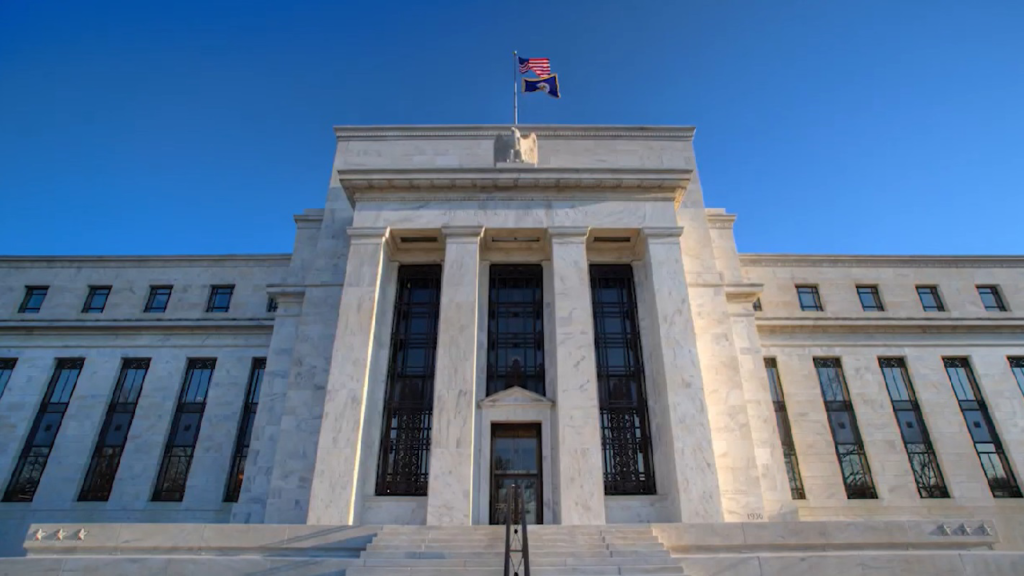Table of Contents

Fed Exits Climate-Focused Central Bank Network
The Federal Reserve’s Decision
The U.S. Federal Reserve has announced its withdrawal from the Network for Greening the Financial System (NGFS), citing the organization’s expansion into areas beyond the Fed’s statutory mandate. The NGFS, formed in 2017, focuses on integrating climate considerations into financial oversight.
This decision is widely seen as reflective of shifting political dynamics in the U.S., where climate action has faced resistance in some quarters.
NGFS and Its Global Role
The NGFS comprises 143 central banks and regulators. Its primary work includes producing reports and climate scenarios to help financial supervisors assess climate change risks. Despite losing the Fed, the NGFS has reiterated its commitment to advancing its goals.
European Central Bank Steps Up
The European Central Bank (ECB) remains a prominent NGFS member and has integrated climate considerations into its monetary policy and financial supervision. Initiatives include climate-related stress testing and minor adjustments to bond purchase policies.
However, the ECB’s approach has faced criticism from European policymakers and central bankers. A recent study suggested the ECB’s climate actions had minimal financial impact and warned of potential conflicts with its mandate to control inflation.
Rising Criticism and Challenges
The Fed’s withdrawal could embolden critics of central banks taking active roles in climate policy. Some argue that addressing climate change risks should not interfere with core responsibilities like monetary stability.
Calls for Proactive Measures
Despite challenges, advocates urge central banks to maintain their focus on managing climate risks. Proposals like introducing green interest rates aim to support environmentally friendly lending practices. Supporters stress that addressing climate-related risks is essential for long-term economic and financial stability.
Balancing Priorities
The debate over central banks’ role in climate policy underscores the complexity of balancing environmental goals with traditional mandates. Political and institutional support will be key to navigating these challenges and ensuring a sustainable future.